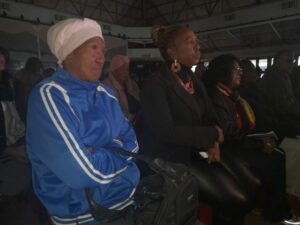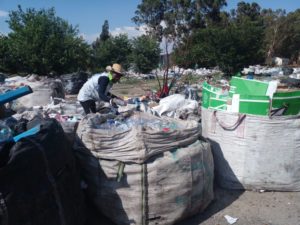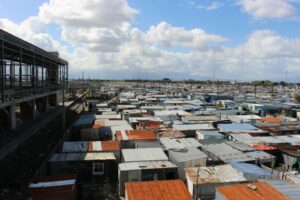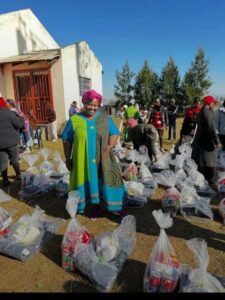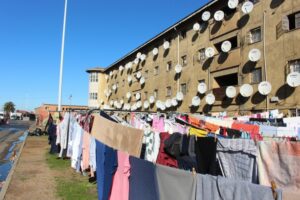A report launched by a community-led monitoring system, Ritshidze, on Thursday reveals that key population groups are treated badly in KwaZulu-Natal healthcare facilities.
This is the second edition of the KZN State of Health report to be released by Ritshidze. Other organisations working on the project include health advocacy group, Treatment Action Campaign (TAC), the National Association of People Living with HIV, the Positive Action Campaign, the Positive Women’s Network, and the SA Network of Religious Leaders Living with and affected by HIV/Aids.
“Shockingly, many people reported being refused access to services because of being a key population, including 8% of GBMSM [gay, bisexual and men who have sex with men], 25% of people who use drugs, 13% of sex workers, and 13% of transgender people in the province. This is absolutely unacceptable and goes against section 27 of the constitution,” the report states.
The statistics on the treatment by staff of health facilities reflects the same prejudices. Just 28% of respondents reported that facility staff are always friendly and professional towards men who have sex with men,“19% towards people who use drugs; 16% towards sex workers; and 34% towards transgender people. Many key populations interviewed did not feel comfortable at facilities or safe and protected from abuse and harassment.”
81% of health facilities reported serious staff shortages while 449 vacancies were still open, up from the 400 vacancies reported last year. “There is still a huge way to go to fill the human resource gap across sites in the province,” reads the report.
Ritshidze data also shows that only 76% of facilities were observed to have a properly functioning filing room, down from 81% last year.
“Extending ARV refills can ease the burden on overstretched facilities and support people living with HIV to stay on treatment. Positively, this year many more people living with HIV reported 3-6 month refills, up from 31% to 49%. However, this compares to 59% in Mpumalanga (the best performing province) and remains very low in comparison to other PEPFAR supported countries where 80% of people living with HIV received 3-6 month ART refills in 2021,” the report explained.
The report states that key populations struggle to receive specific services.
“Lubricants were only available in 26% of sites. While notably PrEP [pre-exposure prophylaxis] was reported as available at all 131 facilities monitored, the facilities reporting offering PrEP to key populations was far lower and only 41% of GBMSM, 14% of people who use drugs, 31% of sex workers, and 59% of trans[gender] people reported being offered PrEP at the facility. 65% of people who use drugs we spoke to wanted access to methadone and 54% of trans[gender] people wanted access to hormones at their facilities,” reads the report.
While healthcare users in KwaZulu-Natal reported improvements since last year’s report, not much has changed from the perspective of healthcare providers. Ritshidze says a gap still remains between the staffing needed to ensure high quality services and the staff present each day at site level.
Ritshidze project officer in KZN, Simphiwe Xaba said they monitor 131 clinics in KZN. “The report reveals improvements in several areas including waiting times, staff attitudes, and ARV refill length. Waiting times went down by 41 minutes. Significant numbers of KPs [key populations] reported being denied services altogether,” said Xaba. He cited the recommendation that the health department should continue to take rapid action to fix KZN clinics so that everyone can access the HIV, TB and other health services they need.
Democratic Nursing Organisation of South Africa (Denosa) secretary in KZN, Mbali Sabela told Elitsha that staff shortages are behind most of the issues experienced by healthcare users. “We are aware of the long queues in community clinics, where patients wait for long hours before they can be attended. This is caused by the serious shortage of nurses in KZN. The South African Nursing Council has reduced the number of student intakes in nursing colleges to only one intake in a year and this is killing the profession,” said Sabela.
National Education Education Health and Allied Workers Union (Nehawu) secretary in the province, Ayanda Zulu said, ” We have read the report, and largely agree with it. Staff shortages in community health centres is extreme, and this results in anxiety for workers. Infrastructure is in extremely bad shape; in King Edward Hospital many buildings have been ruled non-compliant due to dilapidated infrastructure. Lifts are dead and not functioning in most hospitals like Prince Mshiyeni and Addington hospitals.”
